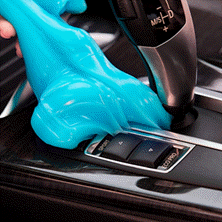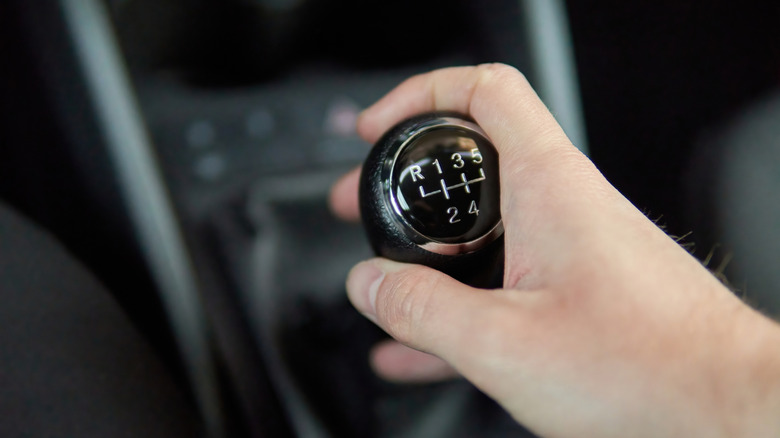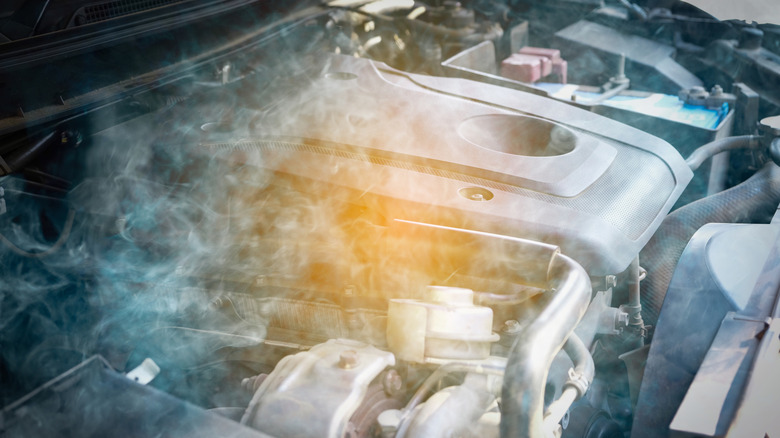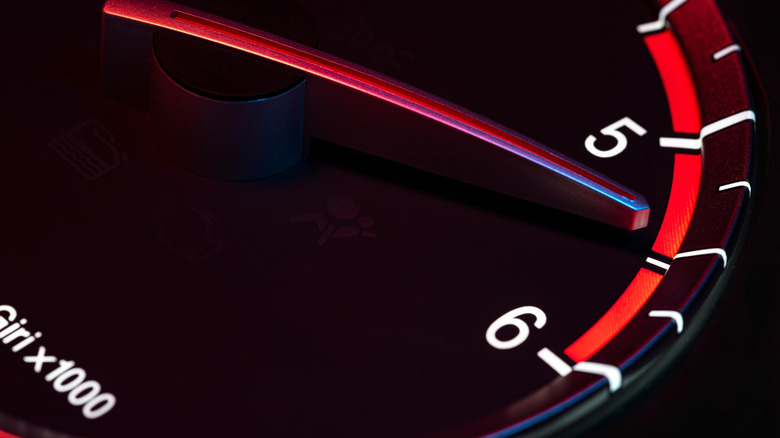staff@slashgear.com (Casey Cooper)
2025-08-11 17:00:00
www.slashgear.com
Money shifting sounds like some kind of dodgy business that goes down on Wall Street, but it couldn’t be further from that. For those who drive stick, it’s a costly mistake to avoid at all costs. A “money shift” refers to the accidental downshifting of a manual transmission into too low a gear while the car is traveling at high speed — typically when a driver intends to shift up but instead misplaces the shifter, which then results in catastrophic damage to the engine. It’s important to note that downshifting into too low a gear while at high speeds doesn’t always end badly; the money shift only happens when there is serious and costly damage to the car, hence the term “money” shift.
The damage can be instant and catastrophic. A money shift forces the engine to spin far beyond its redline, sometimes jumping by 3,000 RPM or more in the blink of an eye. The sudden over-revving can cause serious damage to the engine, like bent valves, snapped connecting rods, or it can even destroy the crankshaft entirely. The engine will need a complete rebuild or replacement in most cases. It’s not just the engine that suffers either, as the drivetrain components can also be collateral damage, depending on the severity of the shift.
Even modern vehicles with rev limiters aren’t immune. Rev limiters work during acceleration, not forced over-revving from a lower gear. Once the wrong gear is engaged, the mechanical energy from the wheels drives the engine past its limits. Avoiding money shifting is manual driving 101 as it’s the mechanical equivalent of a sudden and violent sucker punch.
What actually happens during a money shift?
To understand how a money shift wreaks havoc, it helps to look at what’s going on under the hood. When you’re accelerating and move to upshift from third to fourth, for example, the expectation is for engine speed (RPM) to drop. But if the shifter ends up in second instead, the engine suddenly needs to match a much higher RPM for the speed you’re traveling. This mismatch sends the crankshaft spinning faster than it was ever designed to go.
This is referred to as a “mechanical over-rev,” and it’s different from simply flooring the gas pedal. This kind of over-rev bypasses electronic protections and leads to what mechanics call “valve float,” when valves no longer close properly because the springs can’t keep up. Once that happens, it’s only a matter of time before they contact the piston, which is a direct, and usually fatal, hit to the engine’s internals.
Apart from the obvious damage to the engine, drivetrain components can also suffer. Clutches can burn or break from the sudden increase in load. The gear teeth of the transmission can strip, and flywheels can crack under sudden stress. Money shifting is not on the list of engine care tips to keep it running well, because in worst-case scenarios, drivers have even reported complete engine seizure. It’s the kind of mistake you really want to avoid; otherwise, your track day could end on the back of a truck bed.
Why it happens and how to steer clear of it
As much as drivers hate to admit it, money shifts aren’t usually the result of mechanical failure, but of user error. Sure, it can be a mistake in a high-pressure environment, but it’s most commonly a result of imperfect shifting technique. Whilst it’s generally the driver’s fault, sometimes the car can play a hand in it with poor shifting linkages and other issues, especially in older cars.
So what is the most effective strategy to avoid a money shift? It should be a combination of mechanical empathy, familiarity with your shifter, and proper technique. Technique is everything, so don’t rush your gear change. Be deliberate and controlled with your shifts, guiding the stick into your desired gear rather than forcing it. Using a short-throw shifter, upgrading your bushings, and utilizing rev-matching software for manual transmissions or other driving aids can also help protect your engine, but they shouldn’t be relied on.
While modern performance cars come packed with tech to make driving a manual easier, the best way to avoid catastrophe is to be calculated with your shifts. A money shift is one really costly mistake, but it also serves as a brutal reminder that mastery of the manual gearbox demands finesse and patience.

PULIDIKI Car Cleaning Gel Universal Detailing Kit
Make car cleaning effortless with the PULIDIKI Car Cleaning Gel Universal Detailing Kit, a simple yet effective solution for keeping your vehicle spotless. With over 89,741 ratings and an impressive 4.1-star average, it’s no wonder this kit is a highly rated Amazon Best Seller.
Loved by over 40,000 buyers in just the past month, it’s an unbeatable deal for only $6.99. Perfect for cleaning those hard-to-reach areas, this detailing gel is a must-have for car enthusiasts. Order now for just $6.99 at Amazon!
Help Power Techcratic’s Future – Scan To Support
If Techcratic’s content and insights have helped you, consider giving back by supporting the platform with crypto. Every contribution makes a difference, whether it’s for high-quality content, server maintenance, or future updates. Techcratic is constantly evolving, and your support helps drive that progress.
As a solo operator who wears all the hats, creating content, managing the tech, and running the site, your support allows me to stay focused on delivering valuable resources. Your support keeps everything running smoothly and enables me to continue creating the content you love. I’m deeply grateful for your support, it truly means the world to me! Thank you!
|
BITCOIN
bc1qlszw7elx2qahjwvaryh0tkgg8y68enw30gpvge Scan the QR code with your crypto wallet app |
|
DOGECOIN
D64GwvvYQxFXYyan3oQCrmWfidf6T3JpBA Scan the QR code with your crypto wallet app |
|
ETHEREUM
0xe9BC980DF3d985730dA827996B43E4A62CCBAA7a Scan the QR code with your crypto wallet app |
Please read the Privacy and Security Disclaimer on how Techcratic handles your support.
Disclaimer: As an Amazon Associate, Techcratic may earn from qualifying purchases.





















































































![Classic Sci-Fi Movies (In The Year 2889 / They Came From Beyond Space / Teenagers From Outer Space) [DVD]](https://techcratic.com/wp-content/uploads/2025/08/511KQ0Q9C6L-322x180.jpg)





















